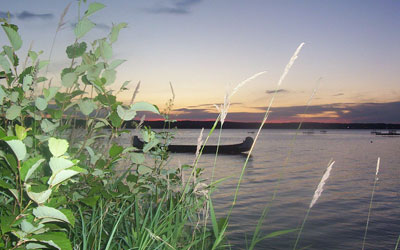All Nonfiction
- Bullying
- Books
- Academic
- Author Interviews
- Celebrity interviews
- College Articles
- College Essays
- Educator of the Year
- Heroes
- Interviews
- Memoir
- Personal Experience
- Sports
- Travel & Culture
All Opinions
- Bullying
- Current Events / Politics
- Discrimination
- Drugs / Alcohol / Smoking
- Entertainment / Celebrities
- Environment
- Love / Relationships
- Movies / Music / TV
- Pop Culture / Trends
- School / College
- Social Issues / Civics
- Spirituality / Religion
- Sports / Hobbies
All Hot Topics
- Bullying
- Community Service
- Environment
- Health
- Letters to the Editor
- Pride & Prejudice
- What Matters
- Back
Summer Guide
- Program Links
- Program Reviews
- Back
College Guide
- College Links
- College Reviews
- College Essays
- College Articles
- Back
A Chemical Home MAG
Industries around the world continue to produce chemicals that end up in the ocean. According to Ocean Link, “3.25 metric tons of petroleum products enter the earth’s oceans every year.” The majority of this does not come from oil spills but smaller scale oil waste product disposal, which means most polluters are aware of what they are doing. While this speaks badly for people, it means these actions can be changed with education and legislation.
The average human contains over 700 man-made chemicals in his or her body (Greenpeace). The impact these chemicals have on the sea is tremendous, resulting in everything from a change in water pressure to poisoned fish. Often, companies producing chemicals do not bother to test or predict their impact on the environment. Not surprisingly, when the ocean is affected, the land is too. Earth’s landscape is delicately and directly connected through land and sea, mountain and river. So, hurting our seas hurts the land and us, too.
Chemicals dumped into the ocean travel into the food we eat and the air we breathe. It is estimated that many suffer from these chemicals in the form of cancer and deformed organs (Greenpeace). Even if people don’t care about the oceans, they do care about themselves, and humankind. Pollutants in the oceans are harming us.
Almost all forms of pollution can be prevented. Scientists have discovered many ways to use substitute solutions, and are in the process of developing more. The U.S. National Oceanic and Atmospheric Administration’s Office of Response and Restoration runs a program to assess risk to ecological resources and find solutions for these problems.
The oceans deserve our protection. We are causing dangerous pollutants to enter our environment, and so we have a responsibility to find the solution to stop this. Chemical waste and oil cause problems for marine and land organisms, including us. To save the oceans, our planet, and ourselves, we have to use the substitutes already available. Taking action to save our oceans is mandatory.

Similar Articles
JOIN THE DISCUSSION
This article has 1 comment.

0 articles 0 photos 12292 comments